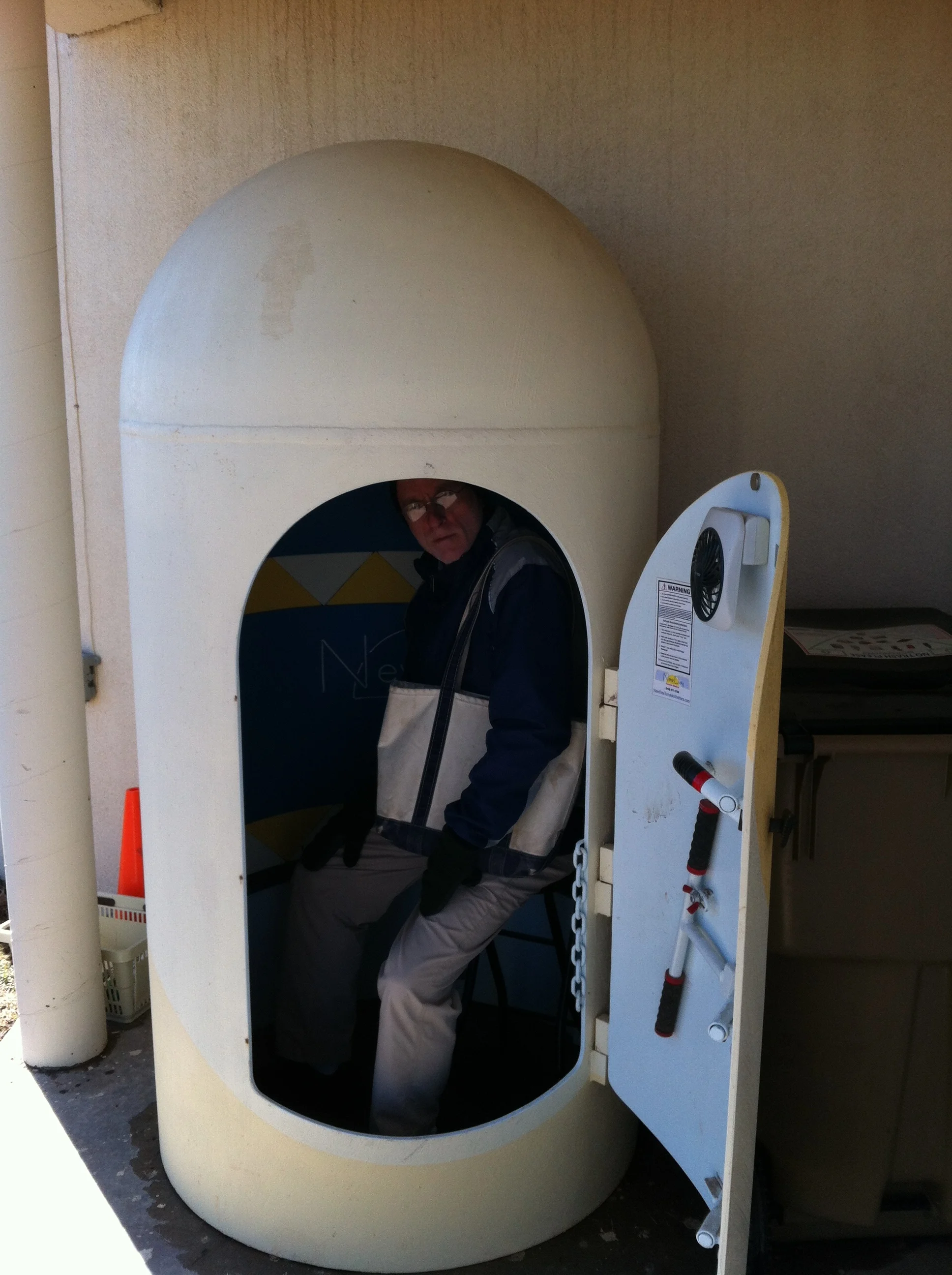>Steve Jobs wanted this to become the "best office building in the world." However the corporate campus shapes up in the end, it's coming one step closer to reality. With final approval for Apple's new California corporate campus seemingly a foregone conclusion, Apple's detailed plan offers an informative blueprint. In mid-October, the Cupertino City Council voted unanimously to approve the 2.8-million-square-foot Apple Campus 2 proposal dreamed up by Foster and Partners architects.
There are some remaining formalities to be ironed out at a planned Nov. 19 council meeting, but unless something unexpected happens, the project -- born seven years ago and sited adjacent to the company's existing facility -- could be complete by 2016.
>In space, astronauts go for years without a fresh supply of water. Floating in a capsule in outer space they wash and drink from the same continuously recycled source. So why, asked Swedish industrial designer Mehrdad Mahdjoubi, do we not do the same on Earth? This was the concept behind the OrbSys Shower -- a high-techpurification system that recycles water while you wash. In the eyes of Mahdjoubi, we should start doing it now, before it becomes a necessity.
So how does it work? Similar to space showers, it works on a "closed loop system:" hot water falls from the tap to the drain and is instantly purified to drinking water standard and then pumped back out of the showerhead. As the process is quick, the water remains hot and only needs to be reheated very slightly.
>Conventional batteries take so long to charge that they cannot efficiently store braking energy. Graphene supercapacitors store almost as much but charge in just 16 seconds. Electric vehicles are coming, ready or not. And one of the enabling technologies making them more driver friendly is the humble battery, particularly lithium-ion versions that can store enough energy to give these cars a reasonable range for city driving.
>Lots of people in and around Washington, Ill., are referring to the areas devastated by Sunday's tornado as looking like a war zone.
David Casler is among them.
"Right here, right now, if you look around this street, this is a war zone, only no one's shooting at us," he says.
Casler knows the difference. He served as a Marine in Iraq in 2004 and was subsequently hit by a roadside bomb while working there as a securitycontractor, suffering a brain injury. Now, he's a volunteer with Team Rubicon, a nonprofit service organization that sends veterans into disaster areas to help out.Over the next three weeks, he and about 50 other vets will tear down houses that may be still standing but have been declared a total loss by insurance companies, removing the rubble to the curb and in the process saving homeowners, on average, about $10,000 each.





